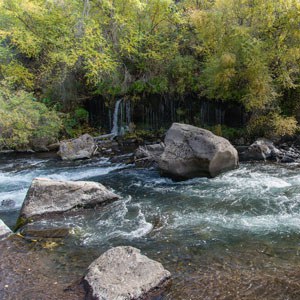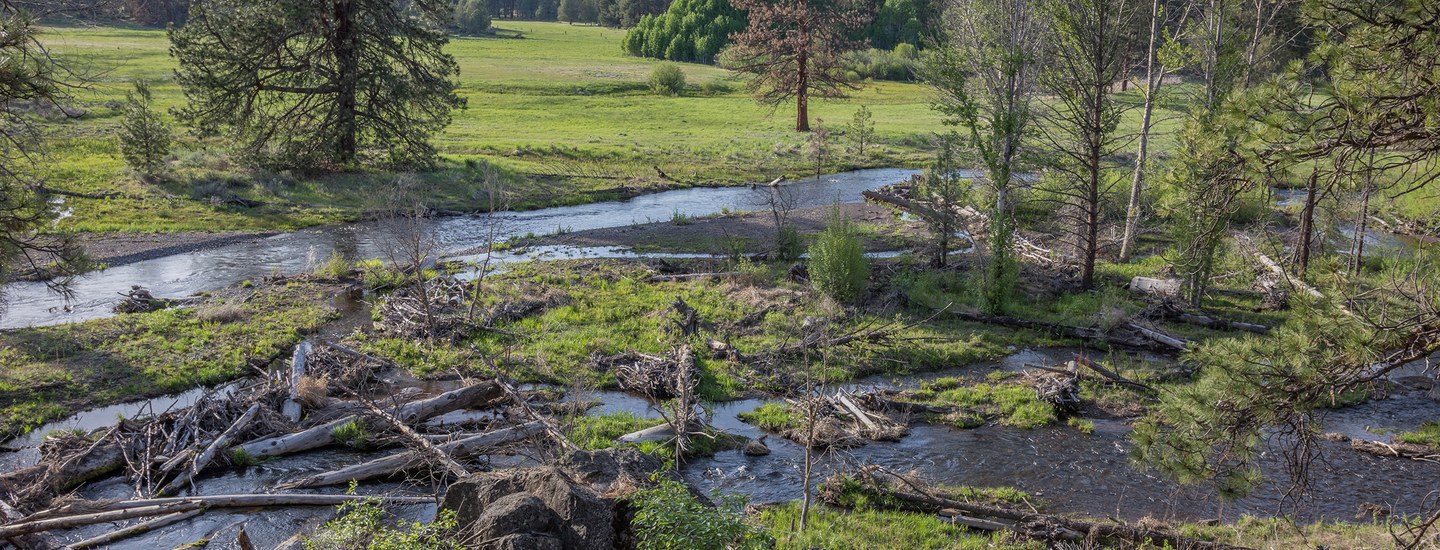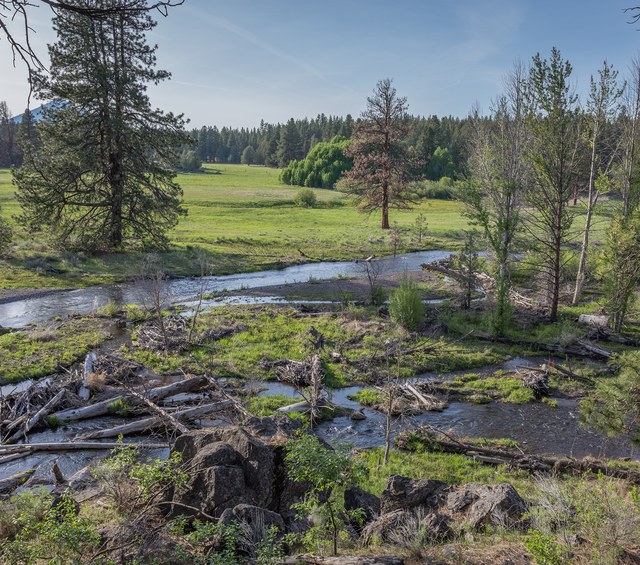Welcome to Cool Words for Hot Times, an ongoing series in which we’ll unpack and break down the jargon-riddled world of climate change. Today, we delve into ecosystem services.
Confession time: ecosystem services—the subject of this installment of “Cool Words for Hot Times”—are relevant all the time, not just in the context of climate change. However, these services dwindle as the climate changes, which is bad news bears for humans and every other living being. That my friends, is why it’s so important to break down and fully understand this concept, the king of the jargon jungle.
Although “ecosystem services” sounds dry enough to be the name of a forgotten government agency, they’re actually quite straightforward, wide-reaching, and relevant to everyone’s daily lives. The Millennium Ecosystem Assessment, a 2005 report assessing human impacts on the environment, defines ecosystem services as simply, “the benefits people derive from nature.”
Quickly, though, let’s return to the economic and physical aspects of ecosystem services. Formally, ecosystem services are sometimes broken down into 1) direct services, 2) indirect services, and 3) ethical and/or aesthetic services. Direct services might include production of food that supports humans and other animals, indirect services include things like creation of soil (which supports direct services like food production), and aesthetic or ethical services might include experiences like feeling awe while looking at an epic canyon.
The paradigm around ecosystem services allows us to assign values to nature’s “goods and services” in much the same way we value—or price—the goods and services we might pay for on a daily basis, including food, shelter, education, and transportation. The logic here is simple: when parts of the natural environment are damaged, there is a cost—or, conversely, a value when the natural environment is functioning properly. Since one of the main ways the Western world understands costs is in monetary terms, we can actually calculate the economic impacts or benefits of the state of the natural world. This is often the only way people can wrap their heads around the value/importance of ecosystem services.
So why is this important, and how does it connect to climate change? Very simply, biodiversity—the variety of life in a given area—supports ecosystem services, and climate change directly threatens biodiversity by forcing species to extinction. As biodiversity declines, then, so too do ecosystem services, and that can have a cascade of negative effects for all species. This includes the disappearance of plants with medicinal properties, declining food sources, decreased natural climate regulation, and the degradation of cultural ecosystem services that provide spiritual values and elements of social cohesion.
The craziest part? Right now, all of the “services” we receive from nature are free—at least in monetary terms—to us, but there are severe economic consequences of losing these services, and it’s almost impossible to artificially replace them. As one example, consider the enormous potential costs of filtering all of our water if we eliminate wetlands, which act as filters.
The bottom line here is that this affects human beings. We’re the species responsible for this chain reaction, the only species with the capacity to understand what we stand to lose, and the only ones with the social and psychological capability to do something about it.
I’m watching parsley and cilantro sprouts grasp for sunlight on my windowsill. I’m watching rays of sun glance off of the delicate spring buds of the trees near our back porch, drinking in the life that seems to be in endless supply in Oregon’s high desert. I’m watching the Oregon grape bushes reassert themselves among the ponderosa pine trees as I plot a future jam made from their bitter berries. How do I quantify the benefits of what I observe in the vast natural world, even from my kitchen table? It’s difficult to do so beyond the recognition that just seeing the world unfold outside—and better yet, knowing that I have the ability and privilege to go out into that world myself—is valuable to me, right this very second.
Take a moment to reflect: what do the rivers, forests, mountains, deserts, meadows, oceans, and other features of our planet give you?
Learn More:
- Video from the California Academy of Sciences explains ecosystem services, with examples
- Check out the Millennium Ecosystem Assessment, the report that first popularized the term “ecosystem services”
- Read the Deschutes Land Trust Climate Change Commitment


